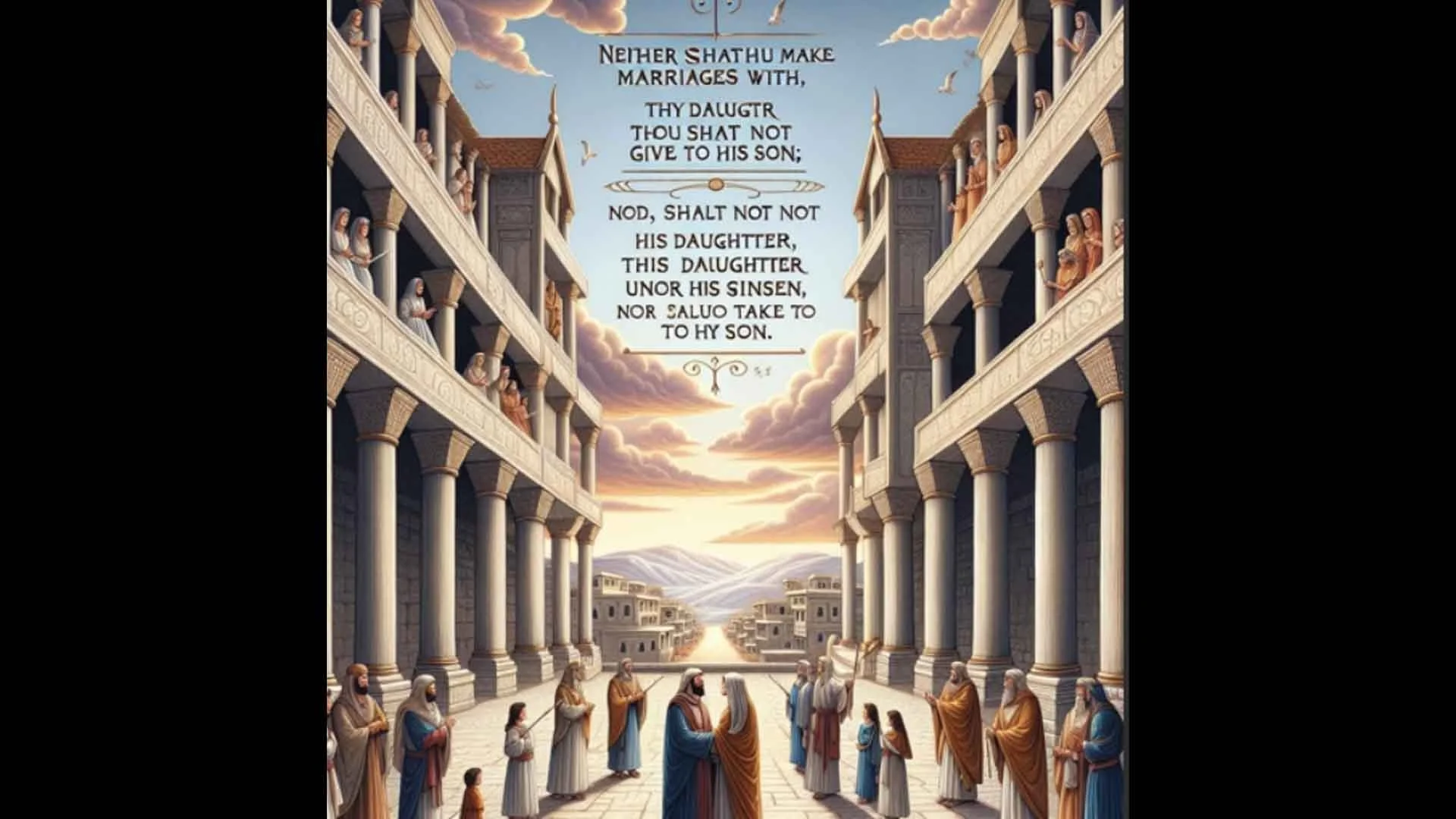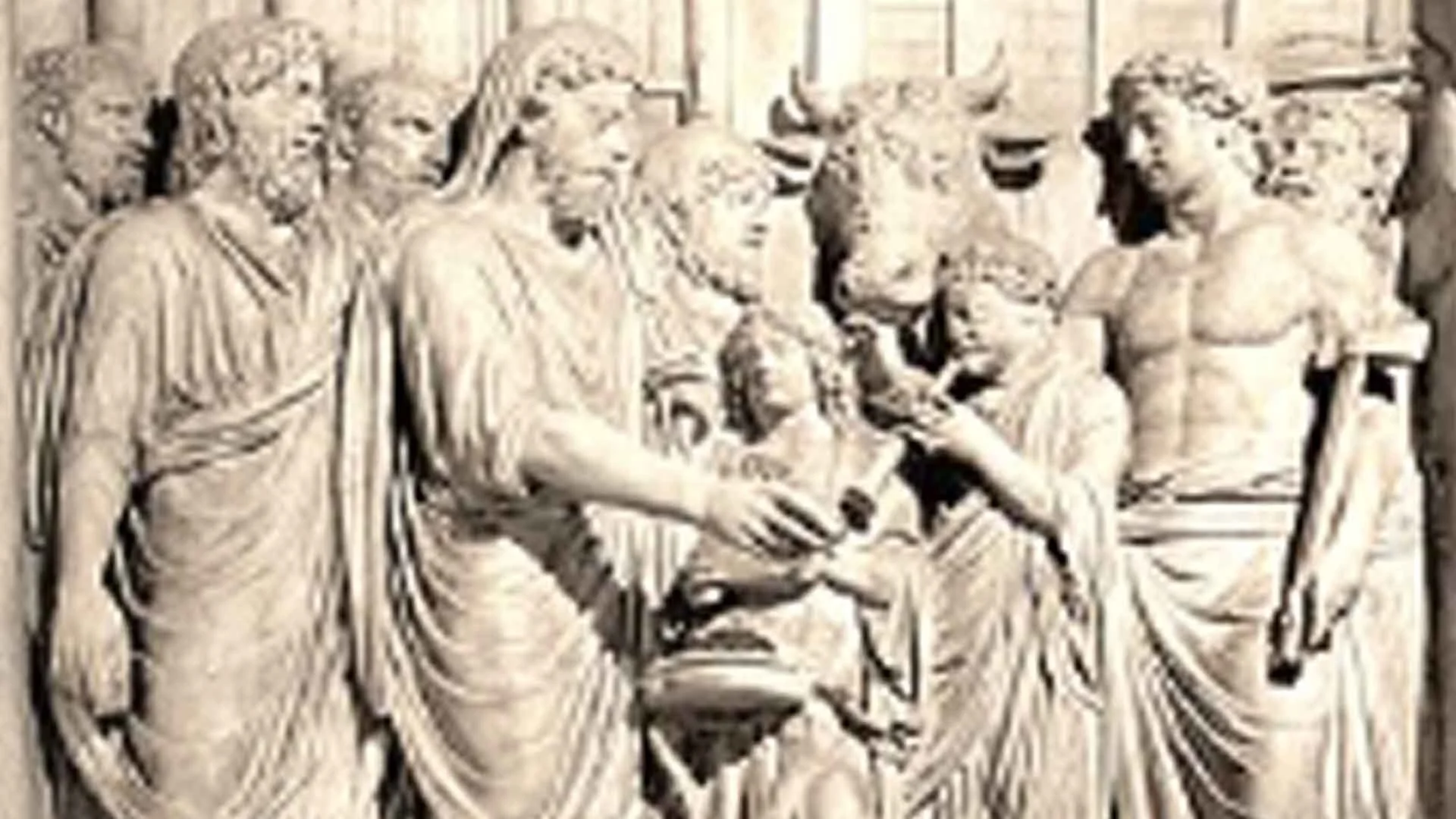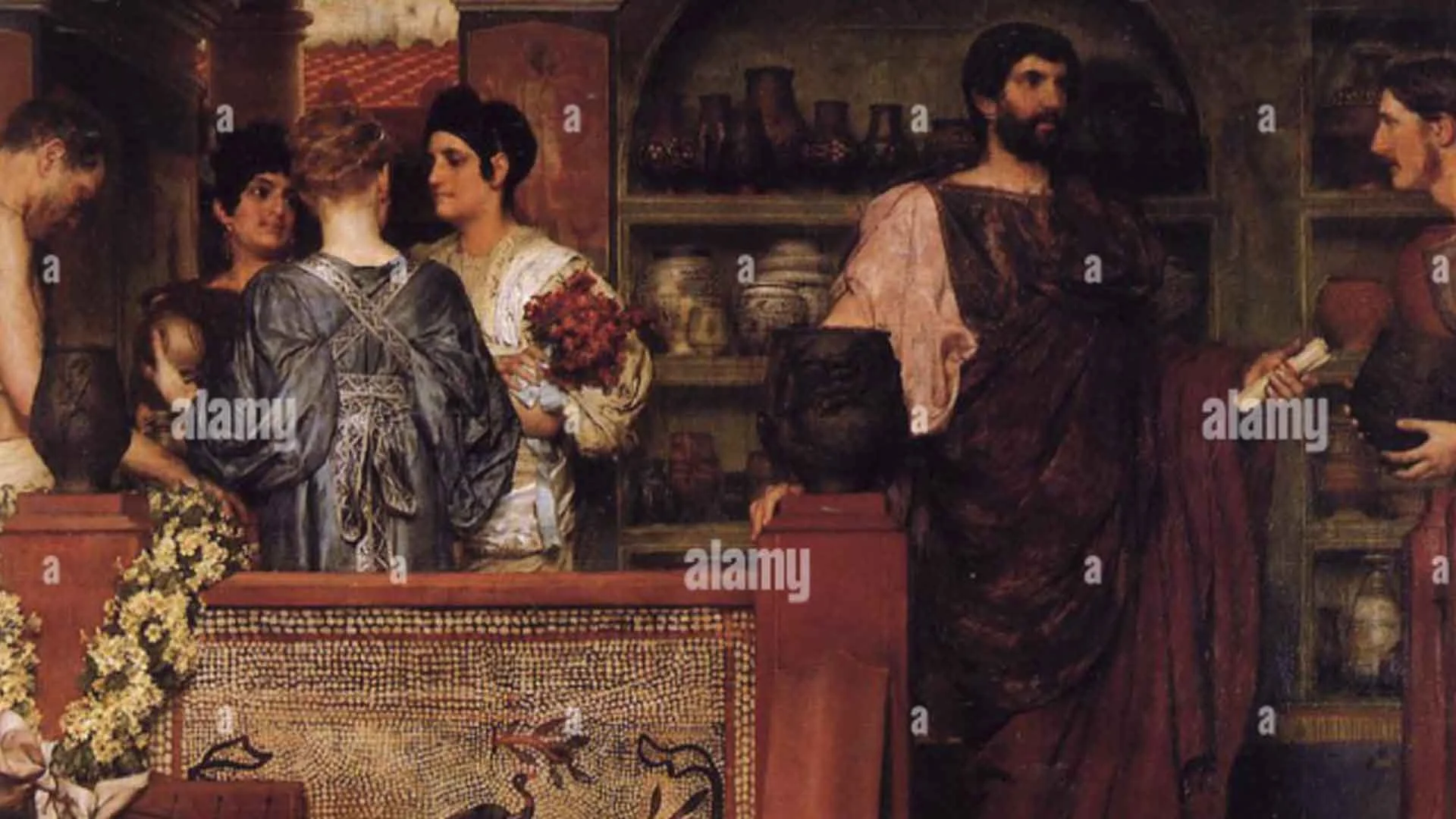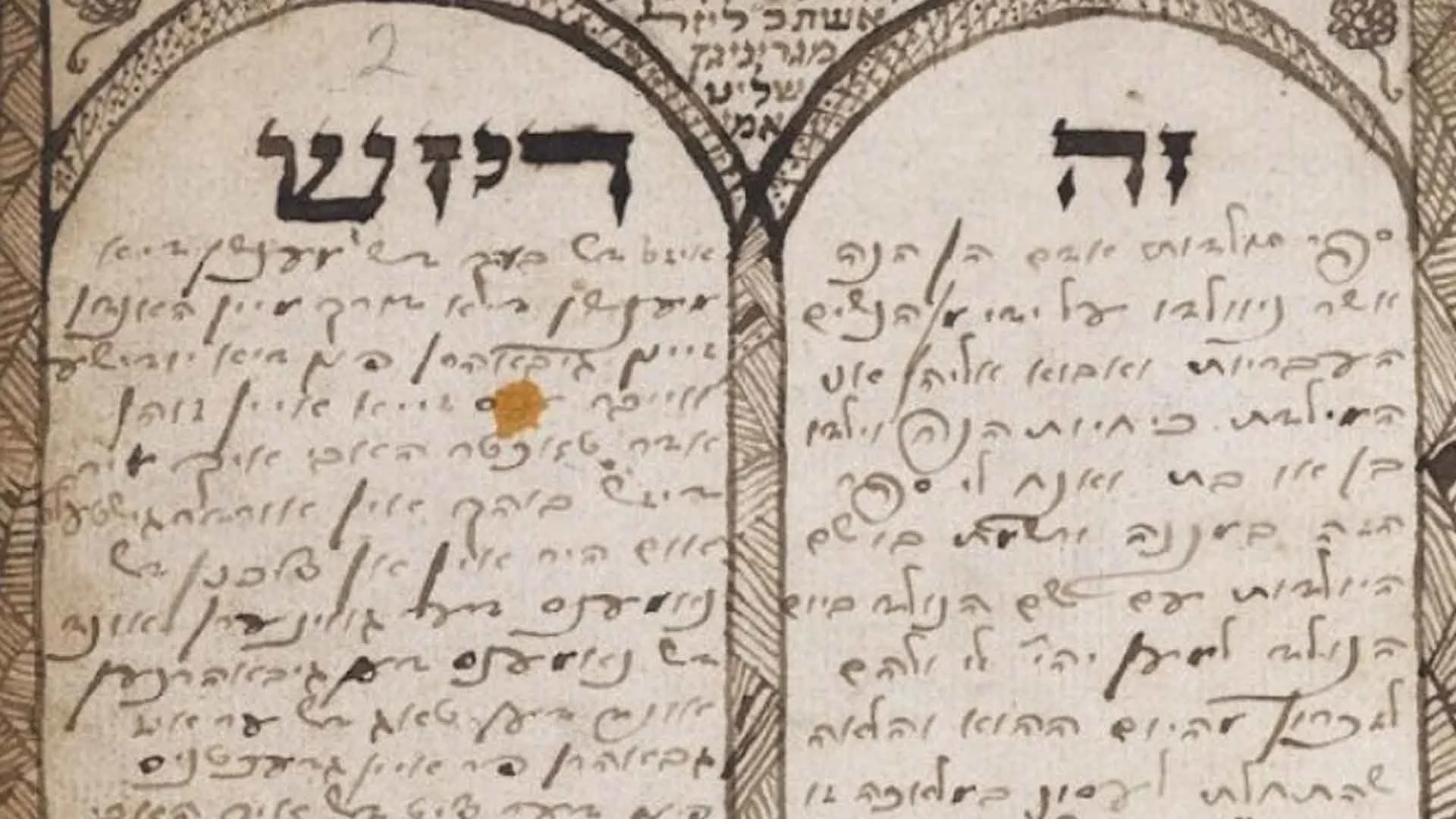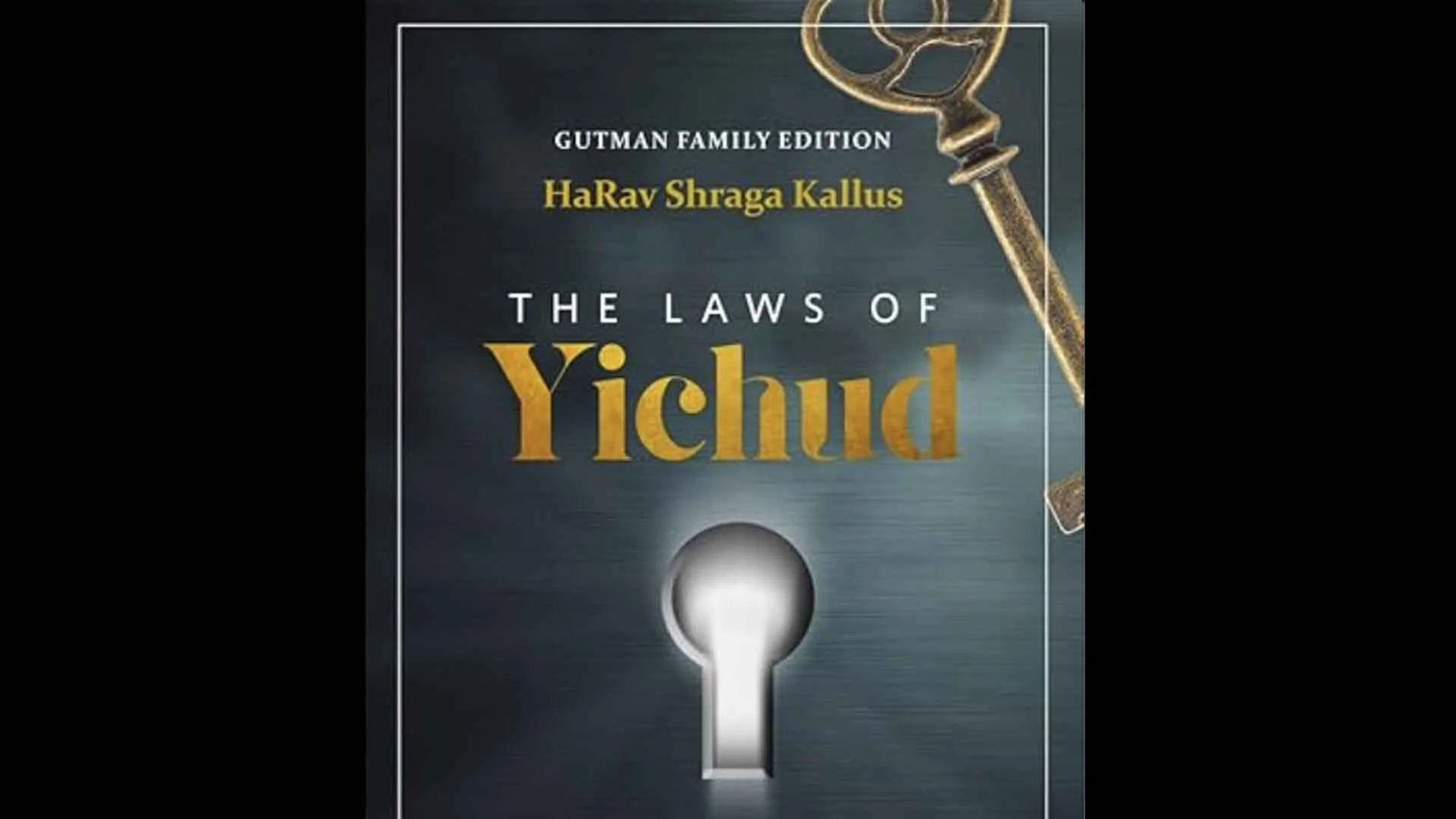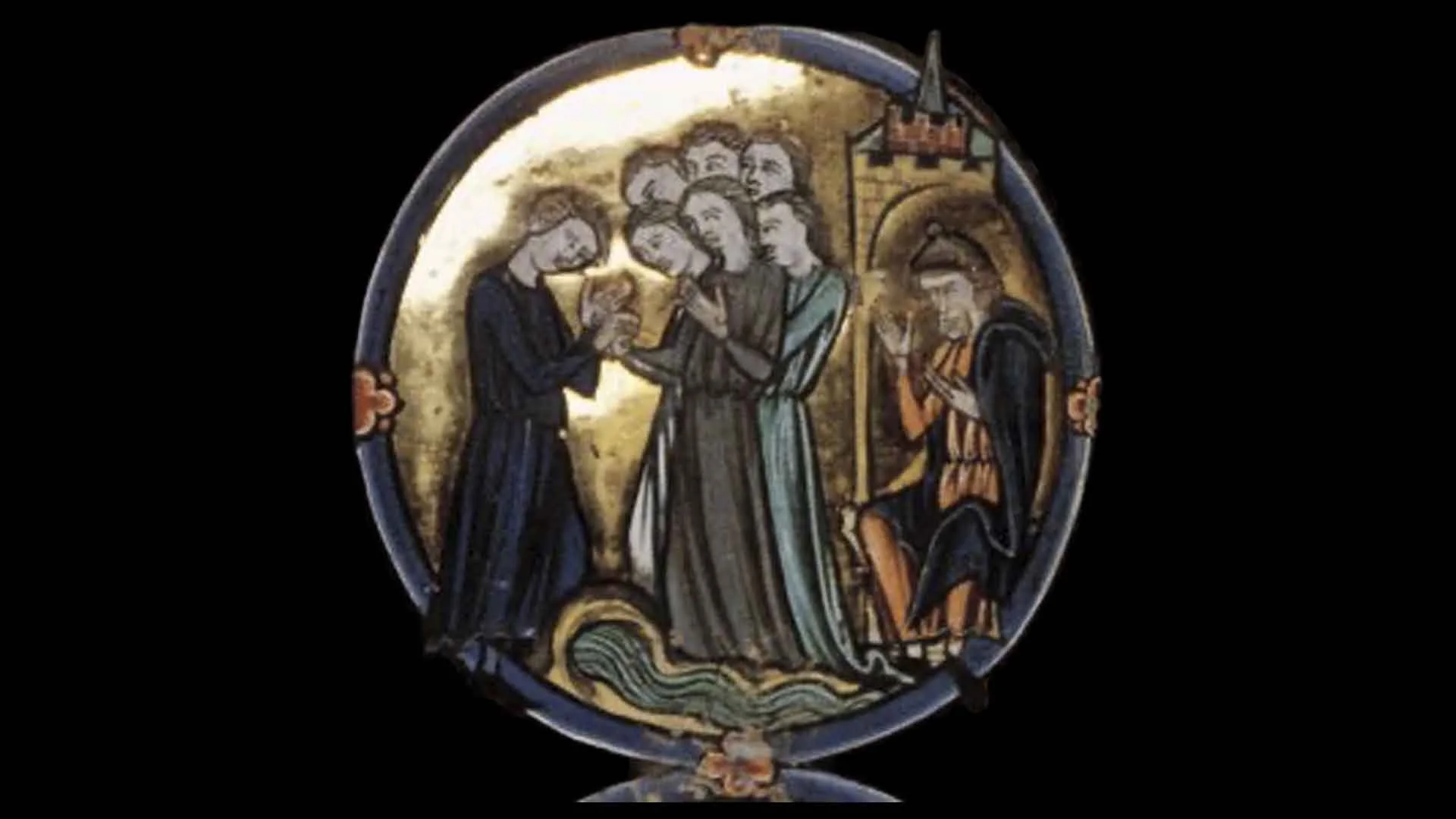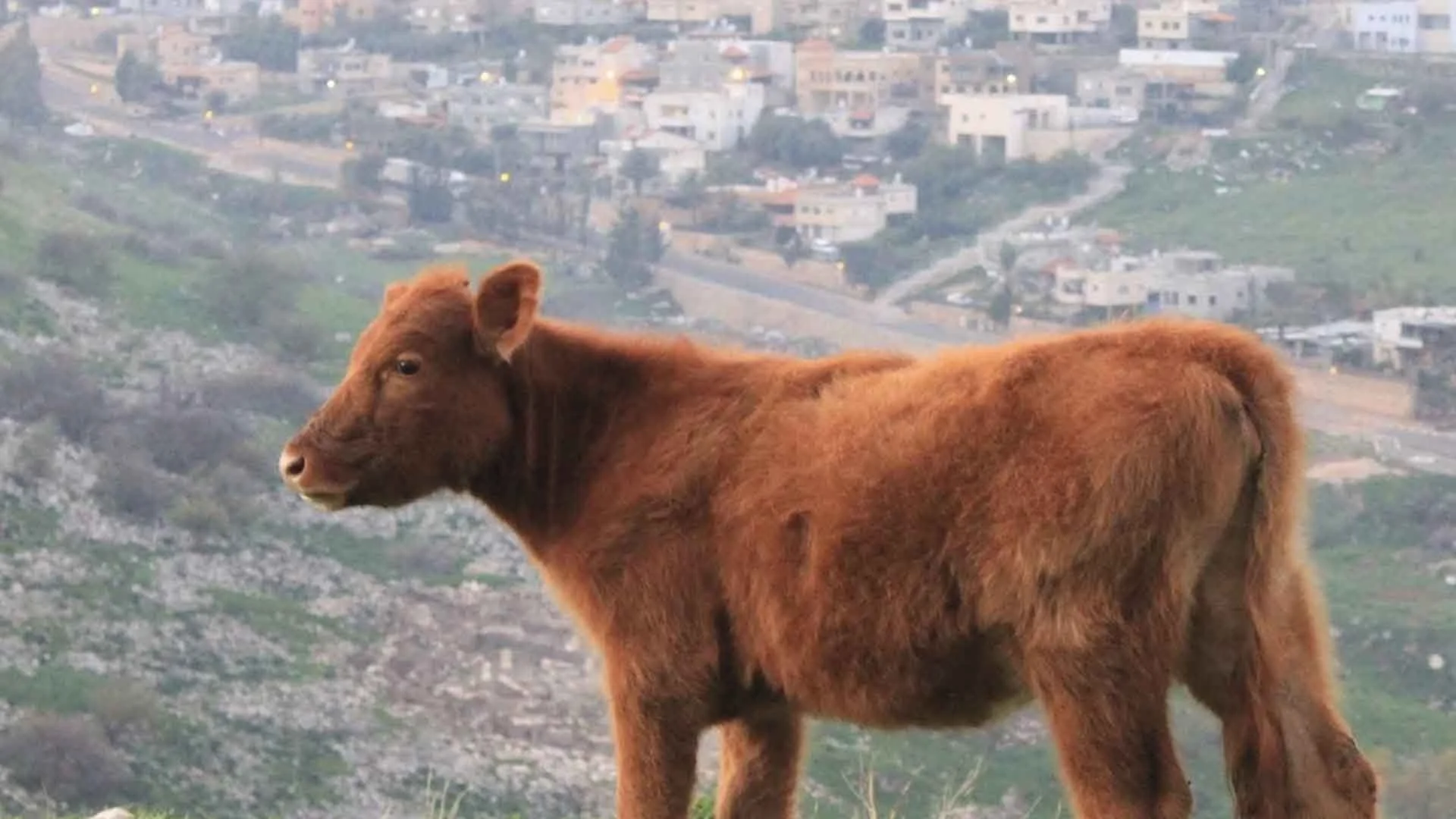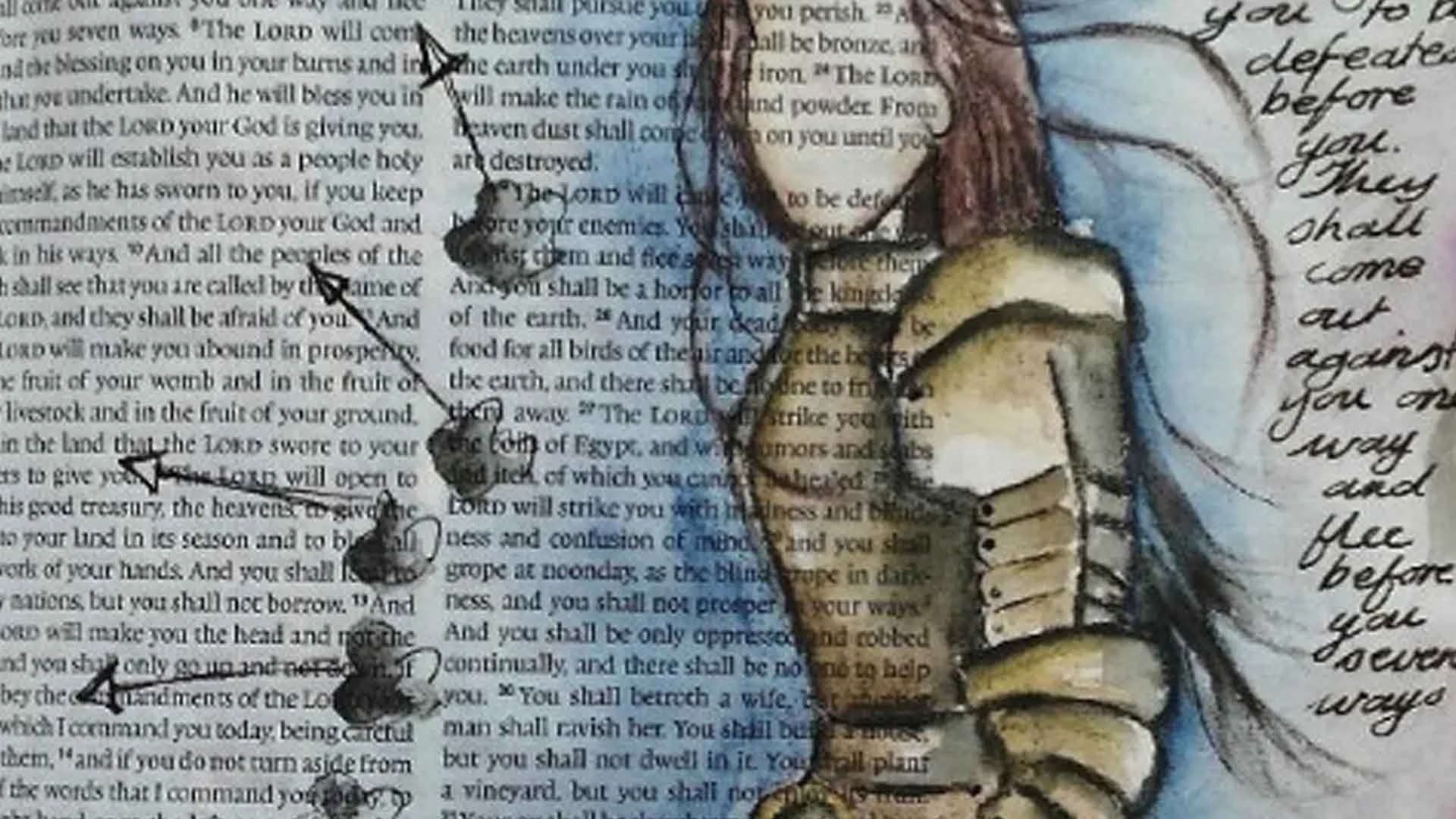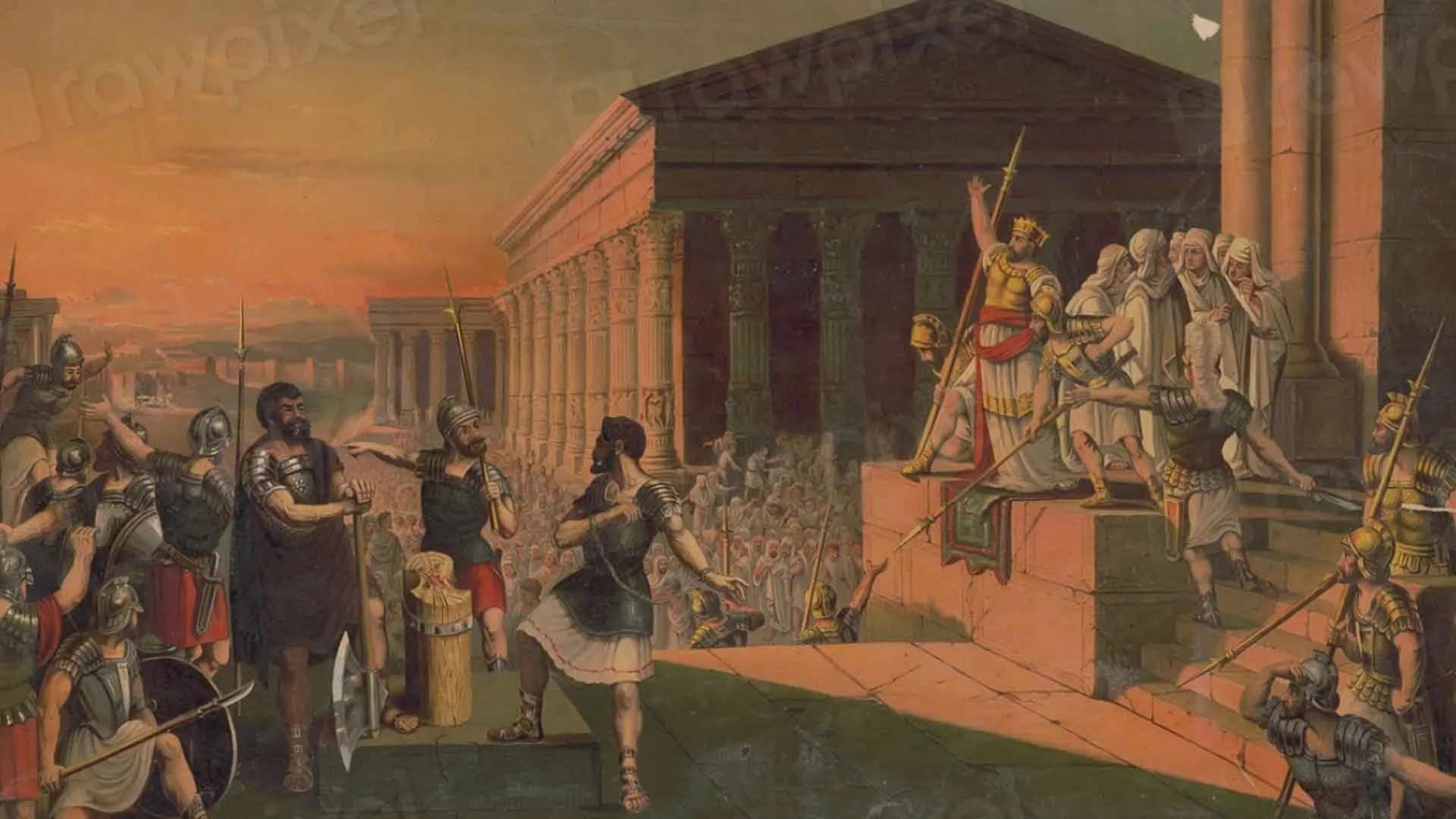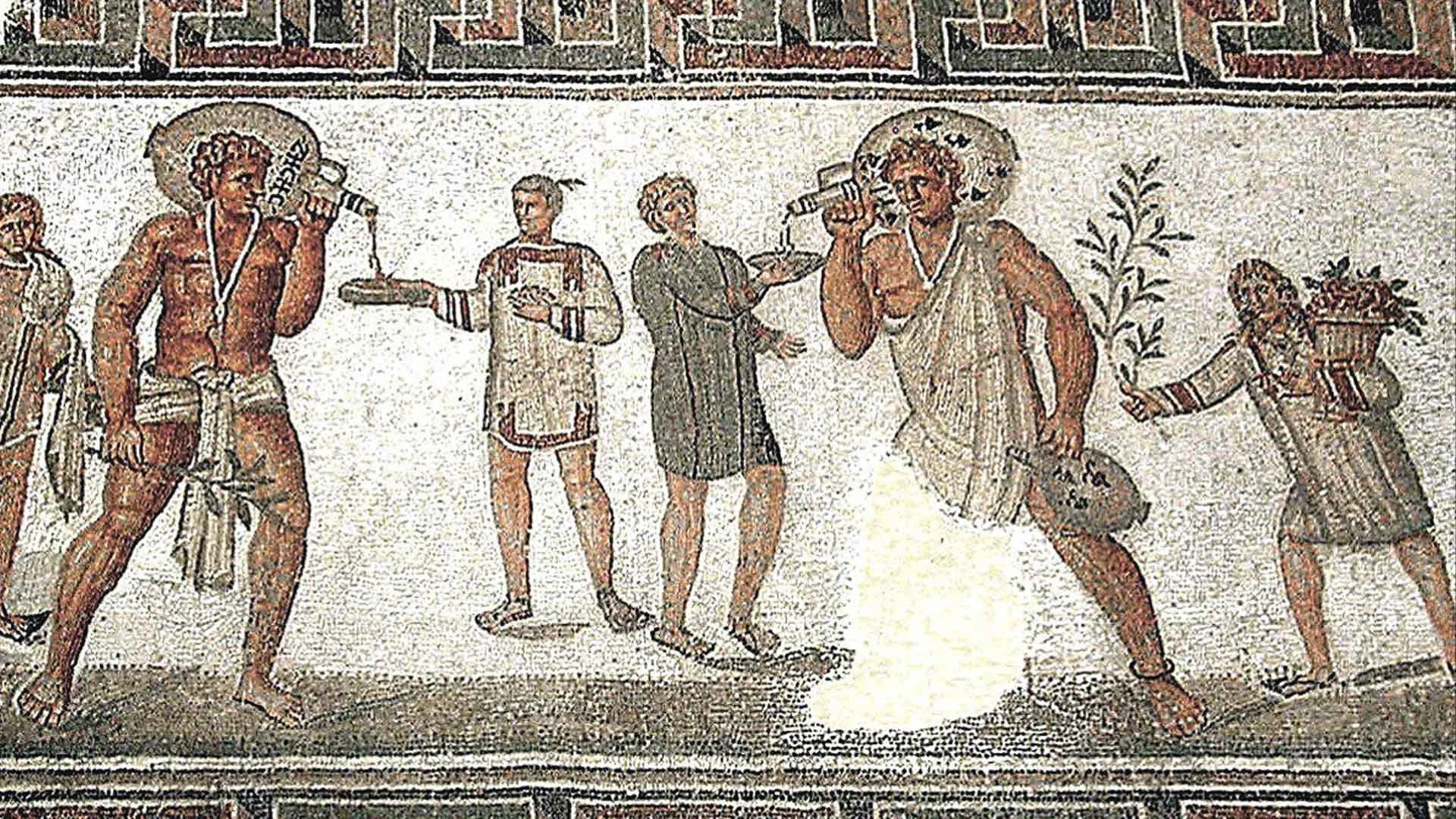For the source text click/tap here: Avodah Zarah 36
To download, click/tap here: PDF
According to the Mishna (38b), in addition to non-Jewish milk and bread (see the discussion on yesterday’s daf), one of the things that was forbidden by the Sages was oil produced by non-Jews. The Mishna, however, adds that the beit din of Rabbi Yehuda HaNasi permitted the use of non-Jewish oil.
The Gemara on our daf deals with two issues relating to this law:
Who established the original Rabbinic prohibition?
What gave later Sages the ability to abrogate this ruling?
With regard to the first question, Rav claims that the original prohibition stems from the time of Daniel, for we find in Sefer Daniel (1:8) that he accepted upon himself to refrain from participating in the feasts and parties in Nebuchadnezzar’s palace.
Our daf also explores how the two schools of Hillel and Shammai developed contrasting approaches to what we might term "moral purity" versus "tribal purity"—the former emphasizing ethical transformation and redemptive encounter, the latter prioritizing communal boundaries and protective separation.

